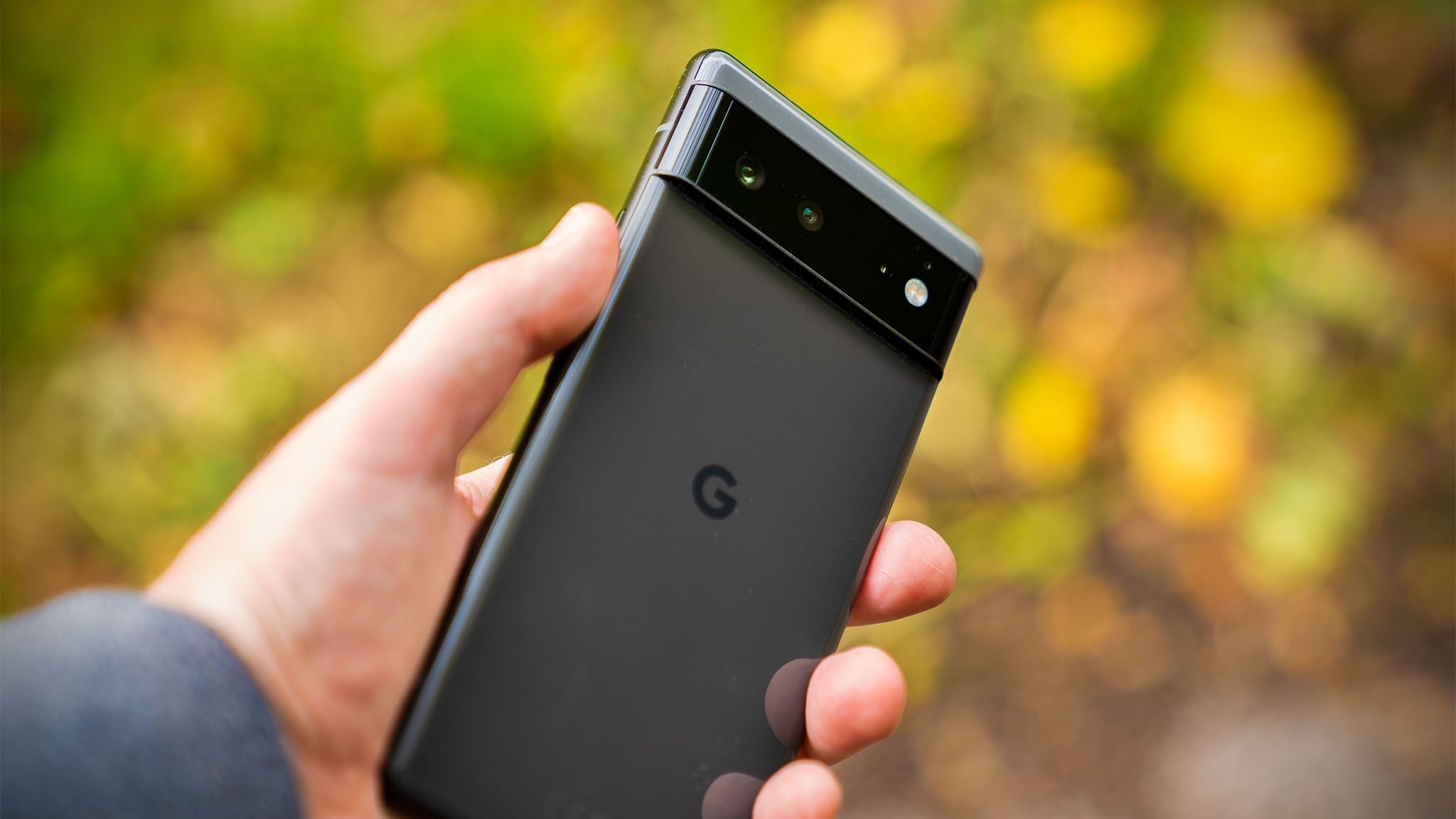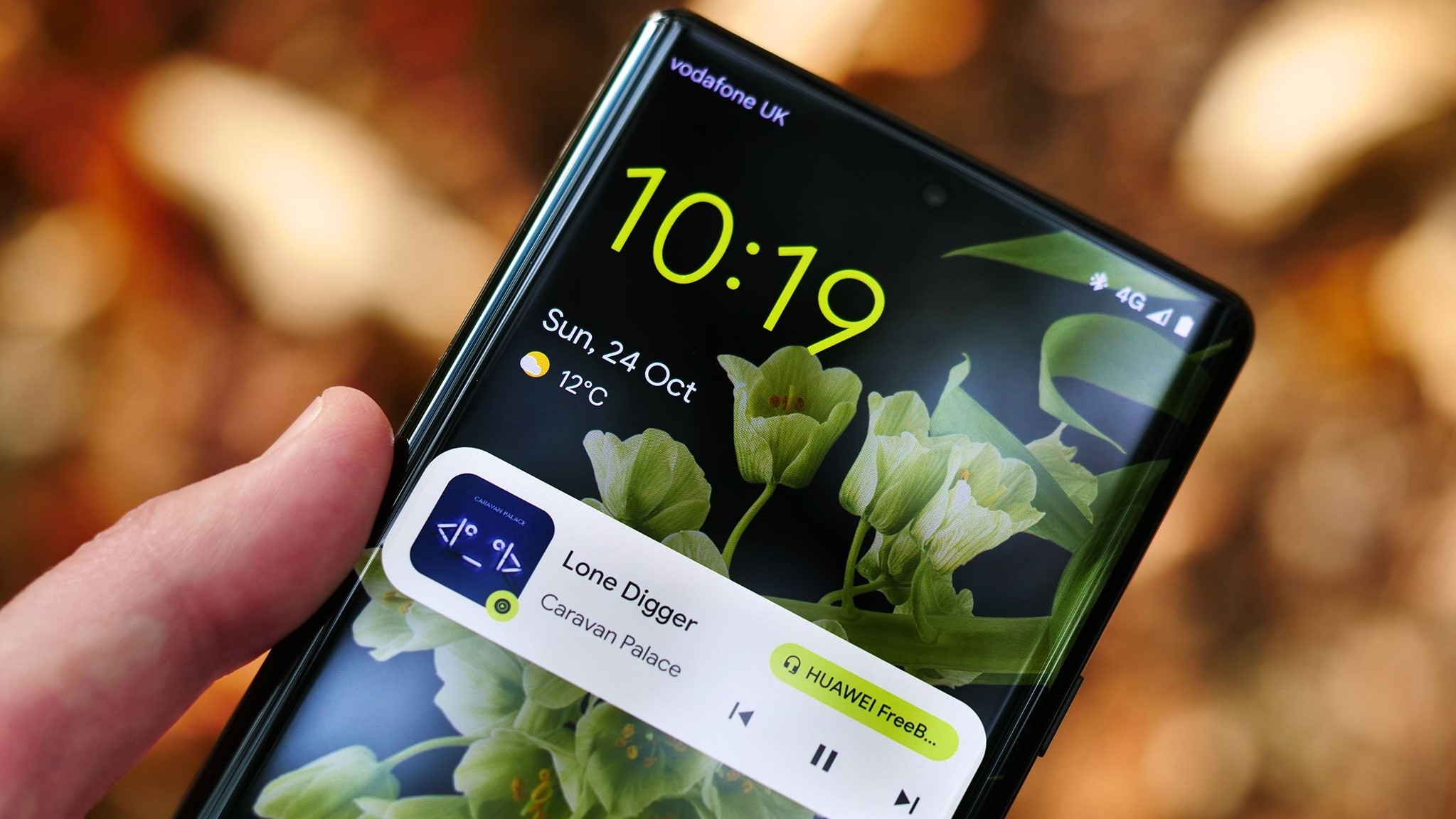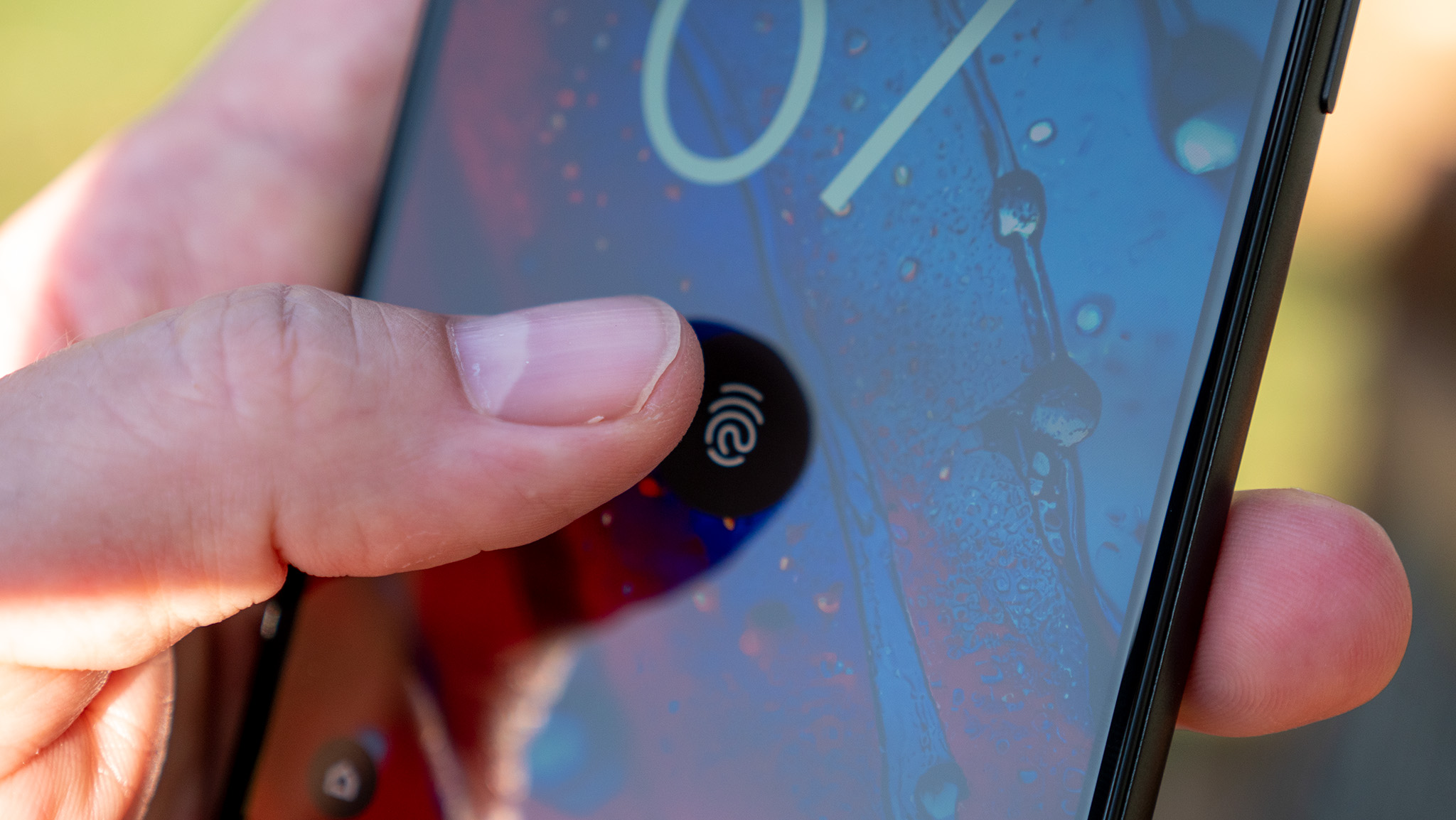

Join Namerah Saud Fatmi as she explores the cool, quirky, and sometimes downright odd world of smartphone accessories, gadgets, and other nerdy toys every week.
My Pixel 6 and I have a toxic relationship. It hangs, it overheats, and it refuses to cooperate with me when I need it the most. To be fair, I'm a pretty heavy user. At any given time, I have at least six to ten apps running in the background, with mobile data, Bluetooth, and GPS enabled. I push my phone to the edge, and when it fails to deliver, I'm driven up the wall, often ripping out my own hair while letting out silent screams of frustration.
Google made such a beautiful promise when the Pixel 6 series came out. It was the culmination of everything they'd worked hard for, the reimagined new idea of what a Pixel phone should be. From Material You to the AI-intensive Tensor chipset, things looked so good. To be honest, they had at me at Magic Eraser. I just knew in my bones that the phone would be worth it.
Google made such a beautiful promise when the Pixel 6 series came out.
Like many other smartphone lovers, I was frothing at the mouth and couldn't wait to get my hands on the device. Despite its very limited release, I managed to import the Japanese variant of the Google Pixel 6 and gladly traded in my Xiaomi for a better tomorrow.
This was just around the time when OnePlus crashed and burned. With the demise of OxygenOS, I turned to Google for what I craved: a pure Android experience with meaningful tweaks and a delightful but light user experience, along with fantastic cameras and an accessible price tag.

Now, I'm not here to tell you that Google didn't deliver on any of those fronts. It did so well that I myself went as far as to call Google the "new OnePlus" at the time. The monthly Pixel Feature Drops kept adding cool new features to the already impressive roster, playing around with themes and widgets on Material You was terribly good fun, and the cameras simply blew me away.
As time went on, though, problems surfaced. The fingerprint sensor was unusable with a glass screen protector. I couldn't go more than 12 hours without charging my Pixel 6, and eventually, the Bluetooth just stopped working. By now, such a well-made phone has turned into an instrument by which god tests my will on the daily.
Even though Google rolled out a lot of fixes to patch these problems, the vast majority of them persist. These days, I can't charge my Pixel 6 without the touchscreen turning unresponsive. Every time I turn the Bluetooth on, the phone freezes. My Wi-Fi connection is abominable, and saved networks randomly disappear. And just last night, it gave me the scare of a lifetime when the lock screen stopped registering touches even after I had unplugged my charger.

The fact that so many of these issues exist and Google hasn't done much to fix them is unacceptable. The year 2021 wasn't all that long ago. We're only talking about two and a half years at max. Since Google guarantees three major Android updates and five years of security updates for the Pixel 6, shouldn't it stay fresh and usable during that time period?
It's so disappointing to see that the Google Pixel 6 aged this poorly, and I hope newer Pixels don't follow in its footsteps. Longevity is one of the main selling points of a smartphone. When a brand promises years and years of updates, we expect the device to last that long.
Why ensure support for so-and-so number of years but then neglect crucial updates that keep the phone alive and well? Are we supposed to keep on buying new phones every two years? Even if I could sustain such a lifestyle, it's horrible for the environment and encourages companies to keep doing things the way they are now.
When a brand promises years and years of updates, we expect the device to last that long.
So, what's the key takeaway of this experience? For me, it is now time to buy a new phone. Naturally, I will choose one based on my past experiences. If I were to base my decision solely on the Pixel 6's performance over the two years I've owned it, I would skip the Pixel 8, even if it is one of the best Android phones of today.
As for Google, the takeaway for them is that if they keep failing to build phones that last, they're going to lose loyal users. Needless to say, failing to retain your primary market is extremely foolish. Let's hope that two more years down the line, we don't see a similar article about how the Pixel 8 aged just as poorly.







